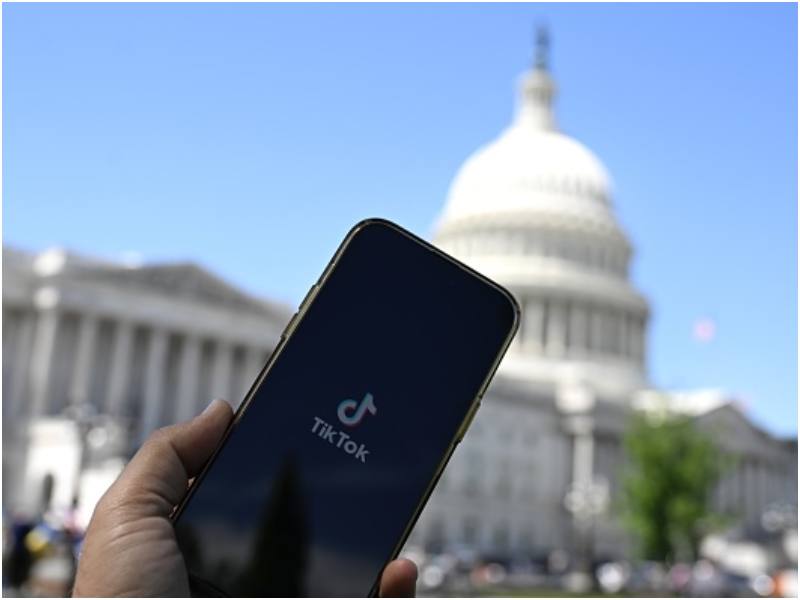In a bid to bolster the Department of Justice’s defense of a law aimed at forcing TikTok’s Chinese owner to divest its U.S. assets, a U.S. House committee has voted to release a transcript from a closed-door hearing in March.
The law, signed by President Joe Biden in April, could result in a ban on the app, used by 170 million Americans, if ByteDance fails to divest by January 19, 2025.
ByteDance, TikTok, and a group of TikTok creators have filed lawsuits to block the legislation. The Justice Department requested the Energy and Commerce Committee review a transcript from the March hearing to aid in their litigation efforts, according to Representative Cathy McMorris Rodgers, the committee chair.
During the classified briefing, lawmakers were informed by the intelligence community about the potential dangers posed by foreign-controlled applications like TikTok.
Rodgers stated that China has shown no intention of relinquishing control over apps like TikTok, further suggesting that China uses these applications to exploit and weaponize Americans’ data.
Despite the committee’s vote to release the transcript to the DOJ, there are no plans to make it public.
TikTok declined to comment on the matter but previously criticized the legislative process as secretive and rushed.
The U.S. court is scheduled to hold oral arguments on September 16 regarding the legal challenges, with the DOJ set to respond by July 26.
During the March hearing, the DOJ indicated it would be in a stronger legal position if lawmakers mandated ByteDance to divest TikTok.
A document from the briefing, seen by Reuters, highlighted national security concerns, stating that TikTok collects vast amounts of sensitive data and that Chinese ownership could allow the PRC to access data on millions of U.S. users and control software on millions of U.S. devices.
A previous attempt to ban TikTok by then-President Donald Trump in late 2020 was blocked by the courts.
The ongoing litigation will determine whether the current legislative efforts will succeed in addressing these security concerns.

